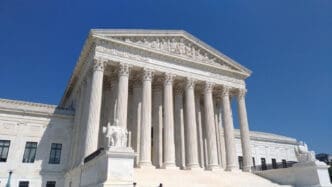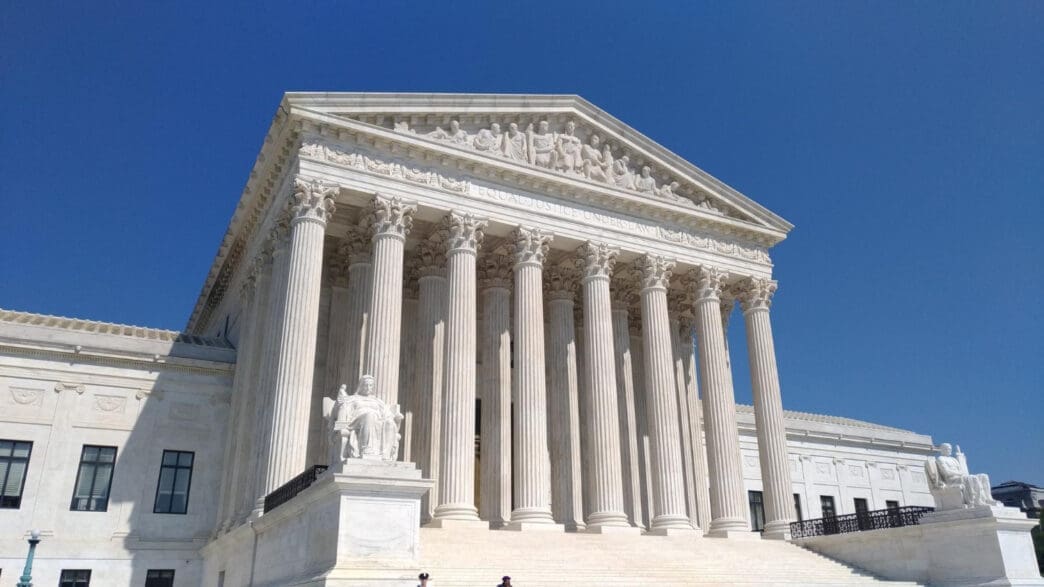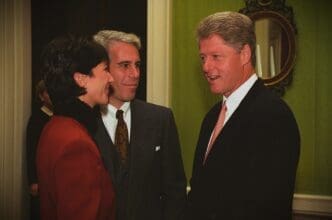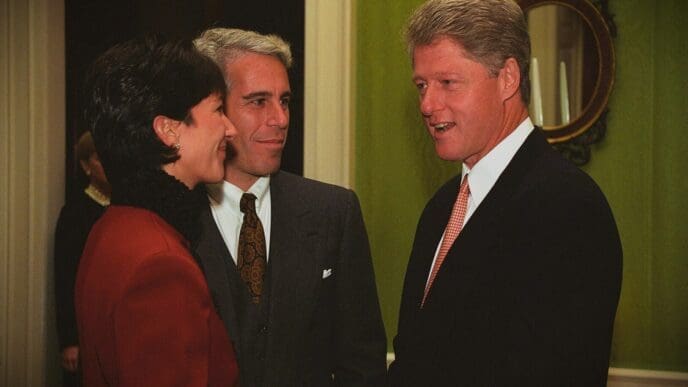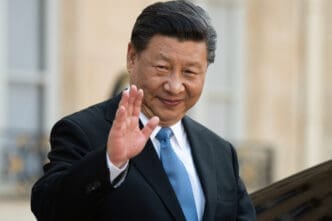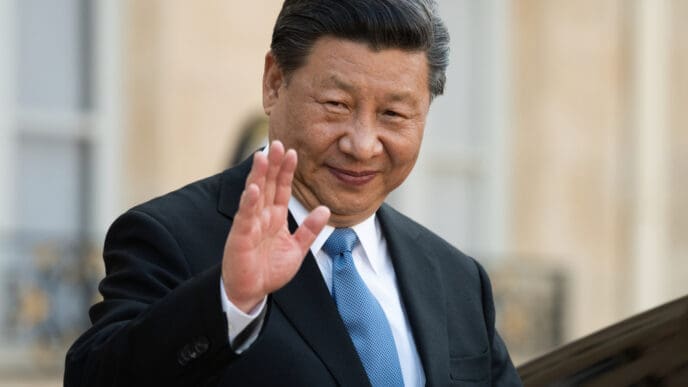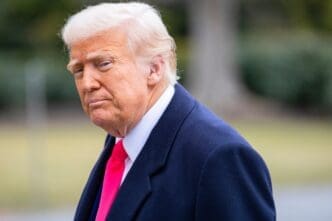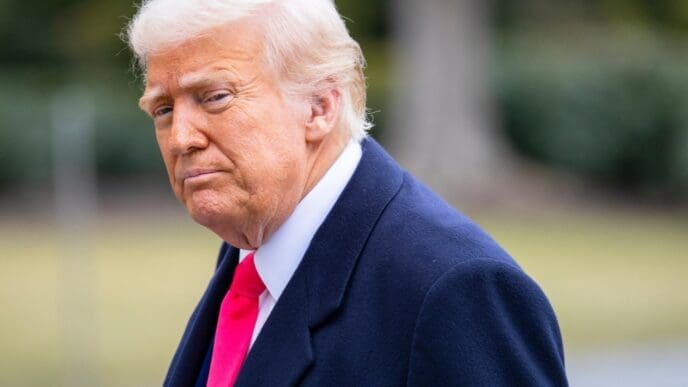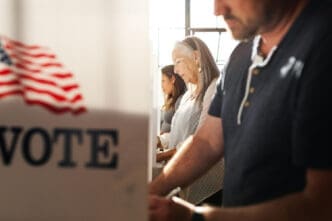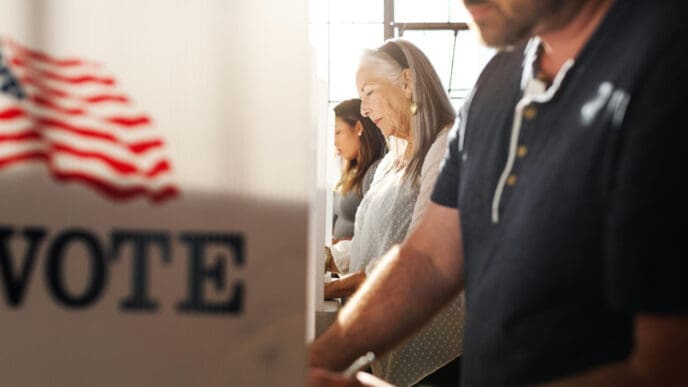Executive Summary
The Story So Far
Why This Matters
Who Thinks What?
The U.S. government could face refunds totaling more than $200 billion to American businesses if President Trump’s sweeping tariffs, imposed during his administration, are ultimately deemed unlawful by the Supreme Court. A federal appeals court has already ruled that Trump improperly utilized the International Emergency Economic Powers Act (IEEPA) to implement broad duties on various countries, setting the stage for a significant legal and financial challenge.
Legal Battle Over Tariffs
As of August 24, American businesses have collectively paid over $210 billion in these tariffs. President Trump has acknowledged that an unfavorable court decision could necessitate the U.S. Treasury “giving back” collected tariff revenue. He is reportedly urging swift action to maintain the tariffs beyond an upcoming October 14 deadline.
The nation’s highest court is expected to consider the Trump administration’s appeal during its upcoming term. While the Supreme Court could decline to hear the case, thereby deferring to the lower court’s decision, it is widely anticipated that the tariffs will remain in effect while the appeal process unfolds.
Potential Economic Repercussions
Should the Supreme Court affirm the lower court’s finding that Trump lacked the legal authority under IEEPA to impose the tariffs, the administration would be compelled to immediately cease collections. The process for handling potential refunds, however, remains uncertain.
Possible scenarios include the government refunding all importers who paid the invalid tariffs or limiting refunds solely to the named plaintiffs in the lawsuit. Another option could involve the government seeking court approval for an administrative refund process, requiring importers to actively request their refunds. Representatives from the Treasury Department have declined to comment on how such refunds might be administered.
While businesses might welcome the prospect of refunds, the economic implications extend beyond individual companies. The hundreds of billions of dollars in tariff revenue held by the Treasury have reduced the government’s need for borrowing. Reversing these tariffs would likely necessitate increased government borrowing to cover its expenses.
This increased borrowing could lead to the sale of more Treasury bonds, potentially pushing up yields and, consequently, borrowing costs across the broader economy. There are also concerns that substantial refunds could contribute to inflationary pressures.
The ongoing legal challenge highlights the significant financial and economic stakes tied to the legality of President Trump’s tariff policies, with the Supreme Court’s decision poised to have lasting repercussions for both businesses and the national economy.

